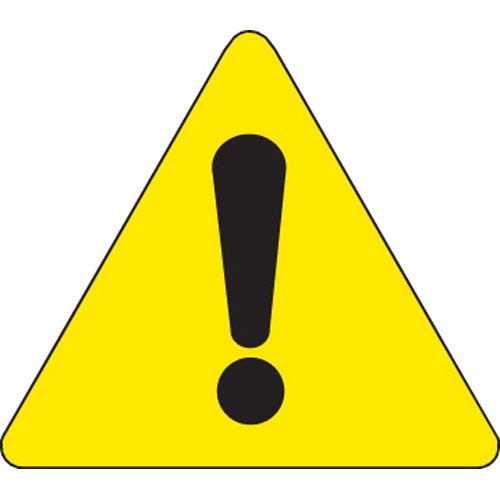It is time to tackle the fast-food crisis as done with tobacco. The consumption of junk food has resulted in the rise of obesity and health issues, and it can start with children. Life has changed over the past few decades. More people are eating at fast food places. Fast-food places like McDonald's, Burger King, and Taco bell offer affordable meals for people, especially teenagers fending for themselves with little to no money (Zinczenko, n.d). Fast food is convenient not only because it is cheaper but also it’s quick, especially for those with a busy life.
One of the problems is people not being fully informed about these health hazards to decide what is healthy to consume. According to the documentary What the Health?, processed meat is classified as a Group One Carcinogen, the same class as tobacco smoking. In the article Don't Blame the Eater, Zinczenko assumes that without warning labels on food, "children will continue to eat them, obesity will continue to rise, resulting in the industry being vulnerable to lawsuits from parents" (n.d, p.393). Obesity and health issues that come with obesity will continue to rise if we do not take responsibility and take action. It's time for parents to do their part in researching nutrition information instead of blaming restaurants for lack of information. It is also the responsibility of parents to educate their children about healthy foods so they can learn to make informed decisions for themselves as they get older. The industry is not forcing anyone to eat it; that is a choice people make on their own.
Like tobacco ads, most restaurants now contain warning labels for people to be cautious about their decision. However, even with these warning labels, we still see people smoking and people choosing to eat junk food.
Radley Balko points out an interesting statement in his article What You Eat is Your Business when he mentions how America’s healthcare system takes away people’s incentive to eat healthy. People’s well-being, shape, and condition are increasingly being viewed as aspects of "public health" rather than personal responsibility (n.d). States are prohibiting private health insurers from charging overweight and obese clients greater premiums, thereby eliminating any financial incentive to live a healthy lifestyle (n.d). “And if the government is paying for my anti cholesterol medication, what incentive is there for me to put down the cheeseburger?” (Balko, p.397). First Lady, Michelle Obama discussed ways government can be helpful. As government cannot tell people what do-what to eat, they can ensure that families in communities have access to fresh fruits and vegetables. They can enforce and push for changes in meal programs offered in school.
David Zinczenko brings up an important factor that should be addressed:
the lack of alternatives. If fast food places are causing issues, we need more
affordable places to offer healthier foods, so Americans do not rely on junk
food for its fast pace and lower prices. Instead of making more McD's
restaurants, it’s time to advocate for healthier places and more of them. Just
as we come across plenty of McD’s and Burger Kings while driving around, there
should be just as many healthier places to eat. Most importantly, these places
need to be affordable, just like junk food.
Balko,
R. (n.d). What you eat is your business. Retrieved from Blackboard PDF
What
the health? (2017, March 7). Netflix. www.netflix.com
Youtube
(2010, July 12). First lady Michelle Obama addresses the 101s NAACP
convention. Retrieved by https://www.youtube.com/watch?v=ilal-sfplpc
Zinczenko, D. (n.d). Don’t blame the eater. Retrieved from Blackboard PDF







Hi.
ReplyDeleteNice response. Good use of pictures and resources.